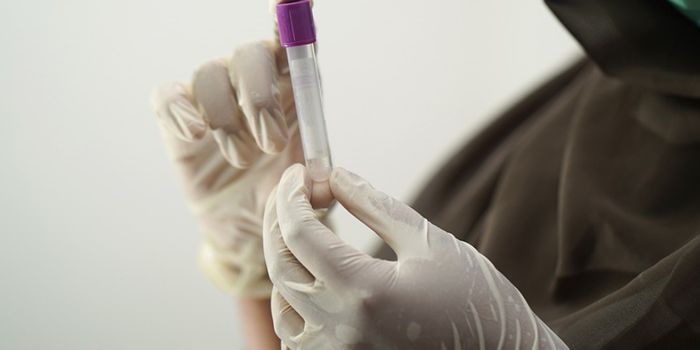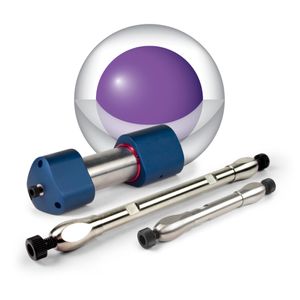T Cell Activation and Proliferation: The Three Signal Process
The immune system provides an integral defense against cancer growth and progression. Activating an anti-tumor immune response relies on several biological steps that can ultimately result in the elimination of tumor cells. T cell activation, a process requiring three “signals,” is required for optimal anti-tumor immunity.
T cells, immune cells generated in the thymus, have a programmed affinity for a specific particle foreign to the body. T cells must become specially “trained” to recognize this foreign protein, known as an antigen. After leaving the thymus, T cells circulate throughout the body in search of their antigen.
Antigen presenting cells (APCs) comprise another category of immune cells required for effective anti-tumor immunity. APCs also circulate the body, where they locate, process, and “present” pieces of antigen on their surface. A surface molecule called a major histocompatibility complex (MHC) holds the antigen on the outside of the APC.
T cells also have a molecule on their surface to facilitate immune activation. This molecule, called a T cell receptor (TCR), engages with antigen on the MHC of an APC to initiate T cell activation. The binding of a T cell to its specified antigen on an MHC, a process known as “signal 1”, primes an immune response against all foreign cells containing that antigen.
Additional immune molecules provide more stimulus (known as “signal 2”) when a T cell binds to an APC presenting its antigen. These secondary signals are necessary for T cell activation and require the engagement of proteins on T cells, such as CD28, and other proteins on APCs, including the CD80/CD86 complex. Signal 2 initiates T cell proliferation, the biological process during which T cells multiply to expand the arsenal of immune cells that recognize the antigen and kill cancer cells.
Next, the immune system requires additional instructions delivered by cytokine mediators. Cytokines represent a family of signaling proteins that regulate immune response. Some cytokines promote immune responses, while others, known as immunosuppressive, instruct the body to ramp down immune response.
Sources: Signal Trans Target Ther, Curr Opin Immunol




















































